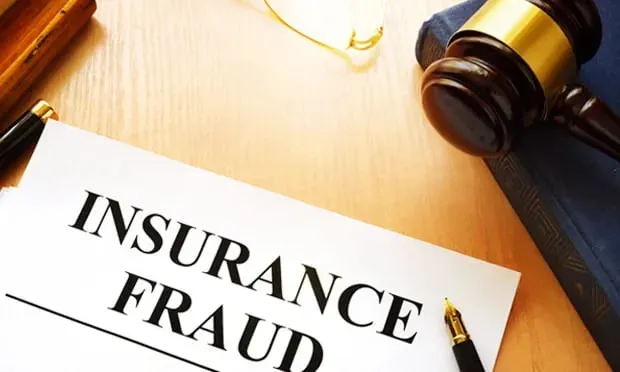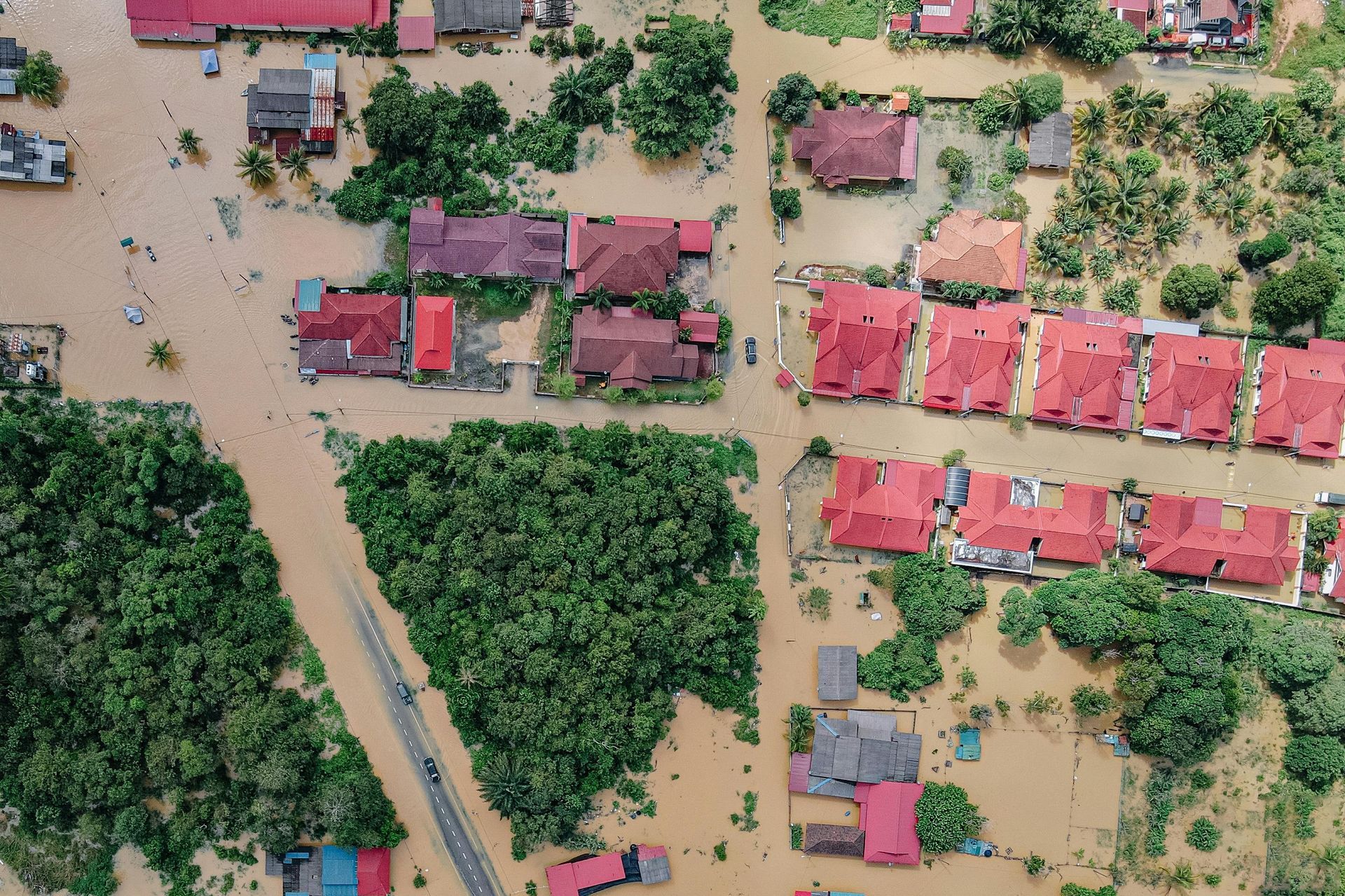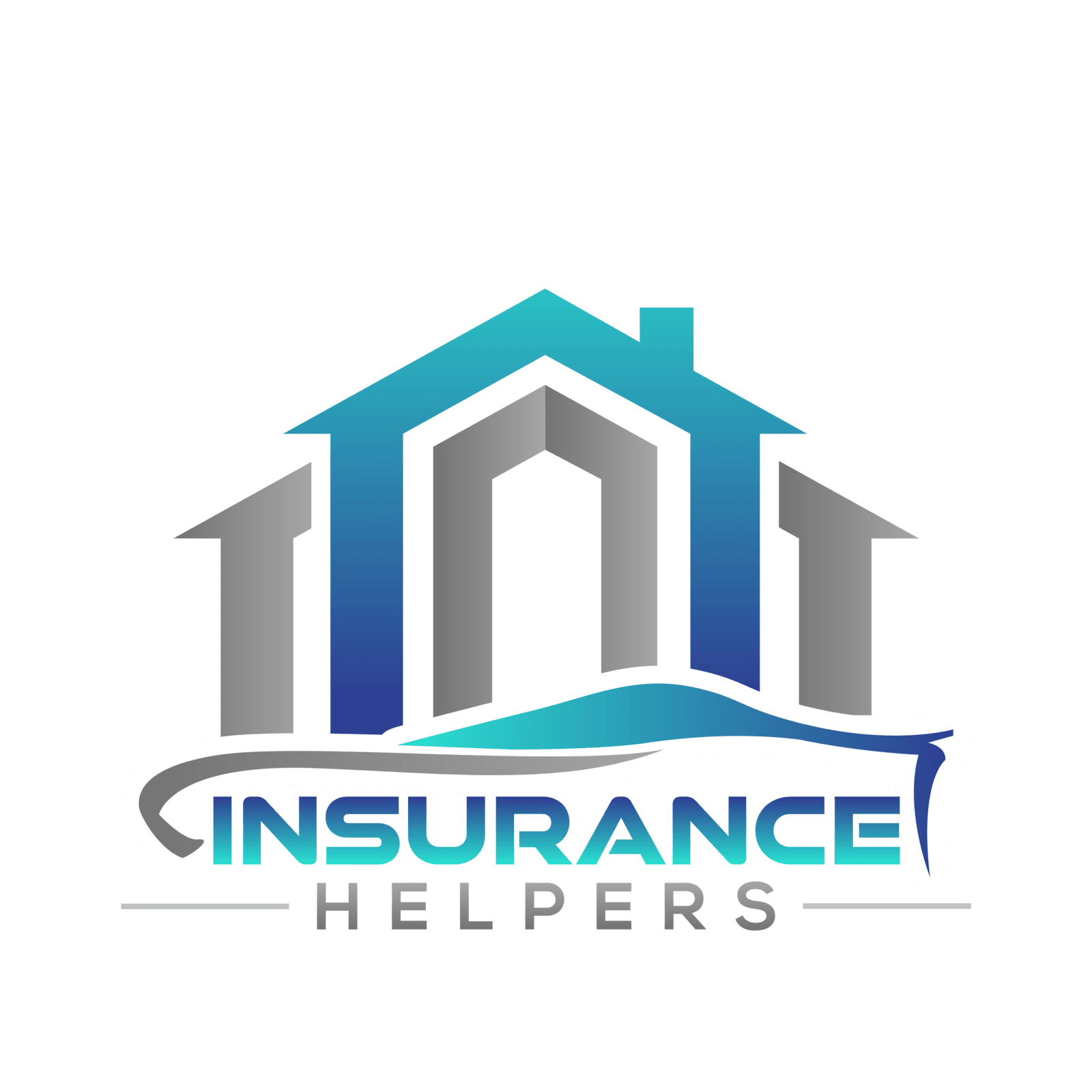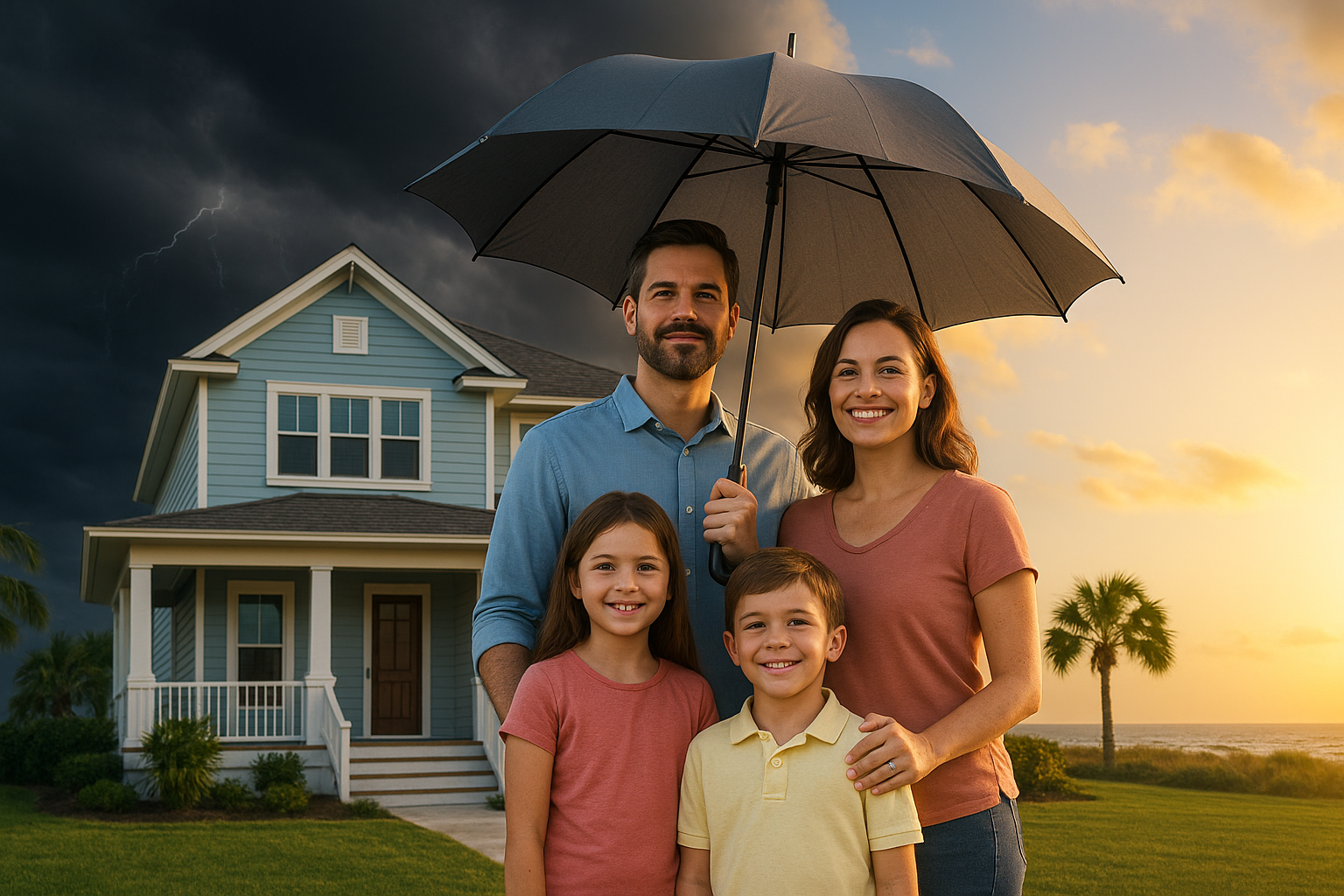
How to Prepare for a Hurricane in Florida: What to Do and Best Practices
Living in the Sunshine State comes with its fair share of weather perks—but it also means keeping a close eye on hurricane season. From June through November, Florida residents need to stay alert and ready to act. Whether you're a new homeowner or a seasoned Floridian, preparation is key to staying safe and minimizing damage.
Here’s a practical guide on what to do before, during, and after a hurricane—along with best practices every Florida resident should know.
Before the Storm: Get Hurricane-Ready
1. Make a Plan
- Evacuation Route: Know your zone. Visit FloridaDisaster.org to find out if you’re in an evacuation zone and plan your route.
- Emergency Contacts: Keep a written list of contacts in case your phone dies or you lose access to your digital address book.
2. Build a Hurricane Kit
- Bottled water (1 gallon per person per day)
- Non-perishable food
- Flashlights & extra batteries
- Battery-powered or hand-crank radio
- First aid kit
- Medications
- Cash (ATMs and card readers may be down)
- Chargers and power banks
- Important documents in a waterproof folder (insurance policies, IDs, deeds)
3. Prep Your Property
- Trim trees and clear yard debris to prevent damage.
- Secure windows with storm shutters or plywood.
- Reinforce garage doors to reduce the risk of wind damage.
- Bring in outdoor furniture and décor—anything that can turn into a projectile.
- Take photos of your home and valuables for insurance purposes.
4. Review Your Insurance Coverage
Make sure your homeowners insurance is up to date and includes wind and flood protection. Many standard policies don’t cover flooding, so consider a separate flood policy if you’re in a vulnerable area.
🔍 Need help reviewing your homeowners insurance? At Insurance Helpers, we shop multiple carriers to make sure you’re covered no matter what Mother Nature throws your way. Start a quote here.
During the Storm: Stay Safe and Informed
1. Stay Inside and Away from Windows Even if it looks calm, don’t go outside. The eye of the storm can be deceptively quiet.
2. Monitor Updates Use a battery-powered radio or trusted news apps for updates. Power outages are common, so stay informed about the storm’s movement and any emergency instructions.
3. Turn Off Utilities if Directed If authorities tell you to shut off gas, water, or electricity, do so quickly and safely.
After the Storm: Assess and Recover
1. Wait for the All-Clear Don’t go outside until local officials declare it’s safe. Floodwaters and downed power lines can be extremely dangerous.
2. Document Any Damage Take photos or videos of property damage before making temporary repairs. This helps with your insurance claim.
3. Contact Your Insurance Company The sooner you file a claim, the faster you can start the recovery process. Keep records of all communication.
4. Be Cautious During Clean-Up Watch for hazards like nails, broken glass, or snakes (yes, they sometimes get washed into unexpected places!).
✅ Hurricane Season Best Practices (All Year Long)
- Keep your important documents in a waterproof container or a fireproof safe.
- Regularly update your emergency kit, especially before hurricane season starts.
- Sign up for local emergency alerts and FEMA text updates.
- If you're a new homeowner, ask your utility providers if they offer storm prep programs or priority restoration plans.
Final Thoughts
Hurricane preparation isn’t just a checklist—it’s a mindset. The more you prepare now, the better you’ll weather the storm later.
At Insurance Helpers, we’re here to support Florida homeowners year-round. If you need help finding the right insurance coverage or just have questions about protecting your home, don’t hesitate to reach out.
Stay safe, stay prepared, and don’t wait until it’s too late.



